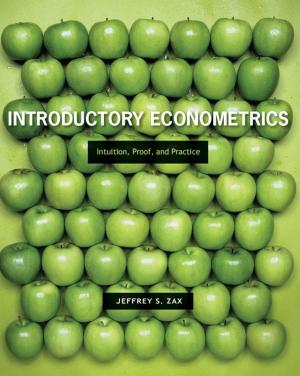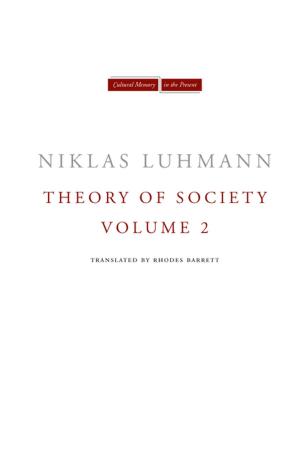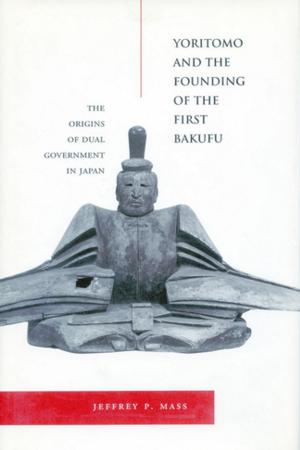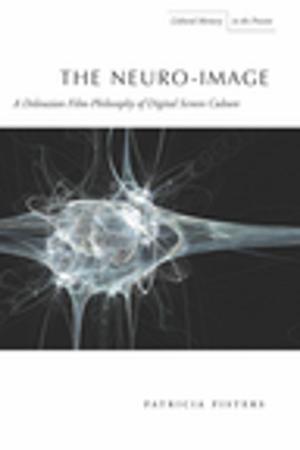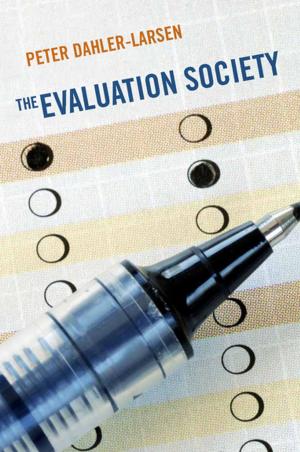Beneath the Surface of White Supremacy
Denaturalizing U.S. Racisms Past and Present
Nonfiction, Social & Cultural Studies, Social Science, Discrimination & Race Relations| Author: | Moon-Kie Jung | ISBN: | 9780804795227 |
| Publisher: | Stanford University Press | Publication: | May 6, 2015 |
| Imprint: | Stanford University Press | Language: | English |
| Author: | Moon-Kie Jung |
| ISBN: | 9780804795227 |
| Publisher: | Stanford University Press |
| Publication: | May 6, 2015 |
| Imprint: | Stanford University Press |
| Language: | English |
Racism has never been simple. It wasn't more obvious in the past, and it isn't less potent now. From the birth of the United States to the contemporary police shooting death of an unarmed Black youth, Beneath the Surface of White Supremacy investigates ingrained practices of racism, as well as unquestioned assumptions in the study of racism, to upend and deepen our understanding. In Moon-Kie Jung's unsettling book, Dred Scott v. Sandford, the notorious 1857 Supreme Court case, casts a shadow over current immigration debates and the "war on terror." The story of a 1924 massacre of Filipino sugar workers in Hawai'i pairs with statistical relentlessness of Black economic suffering to shed light on hidden dimensions of mass ignorance and indifference. The histories of Asians, Blacks, Latina/os, and Natives relate in knotty ways. State violence and colonialism come to the fore in taking measure of the United States, past and present, while the undue importance of assimilation and colorblindness recedes. Ultimately, Jung challenges the dominant racial common sense and develops new concepts and theory for radically rethinking and resisting racisms.
Racism has never been simple. It wasn't more obvious in the past, and it isn't less potent now. From the birth of the United States to the contemporary police shooting death of an unarmed Black youth, Beneath the Surface of White Supremacy investigates ingrained practices of racism, as well as unquestioned assumptions in the study of racism, to upend and deepen our understanding. In Moon-Kie Jung's unsettling book, Dred Scott v. Sandford, the notorious 1857 Supreme Court case, casts a shadow over current immigration debates and the "war on terror." The story of a 1924 massacre of Filipino sugar workers in Hawai'i pairs with statistical relentlessness of Black economic suffering to shed light on hidden dimensions of mass ignorance and indifference. The histories of Asians, Blacks, Latina/os, and Natives relate in knotty ways. State violence and colonialism come to the fore in taking measure of the United States, past and present, while the undue importance of assimilation and colorblindness recedes. Ultimately, Jung challenges the dominant racial common sense and develops new concepts and theory for radically rethinking and resisting racisms.

